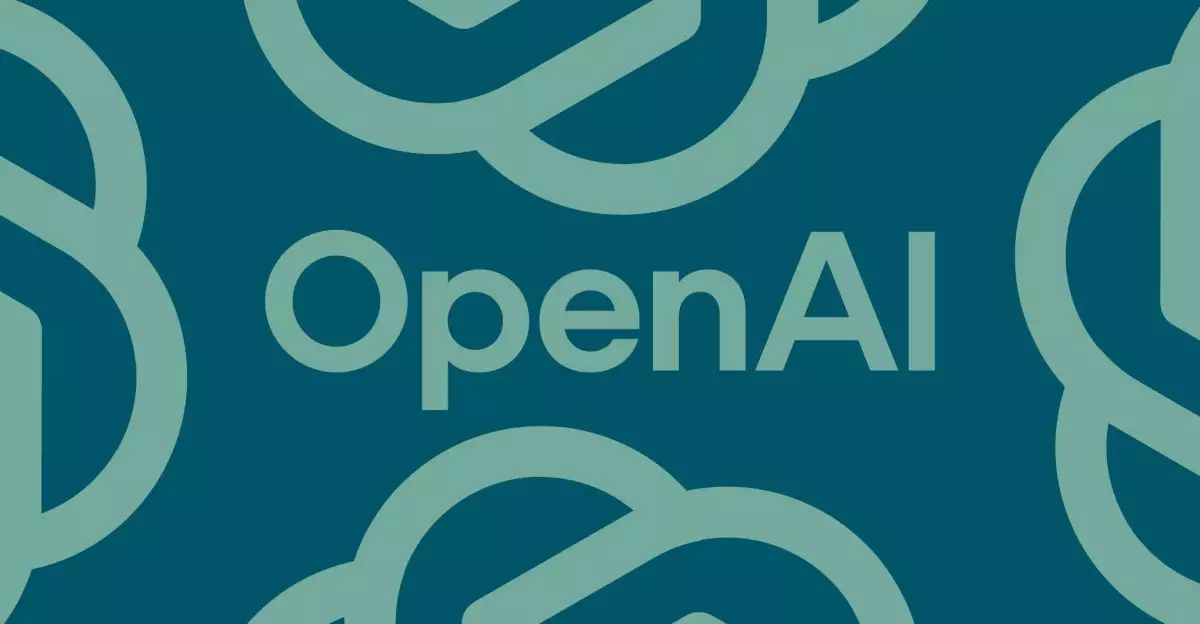The ongoing legal confrontation between Elon Musk and OpenAI represents not just a clash of titans but a battleground for the vision of artificial intelligence’s future. Musk, once a collaborative force at OpenAI, has transformed into a staunch critic, asserting that the company has veered away from its altruistic founding principles. This battle isn’t merely about legal claims; it encapsulates a broader ideological struggle over the direction of AI development and its implications for society.
OpenAI’s Bold Counterattack
In a decisive move, OpenAI filed a countersuit against Musk, accusing him of employing “bad-faith tactics” designed to slow the organization’s advancements in artificial intelligence. OpenAI’s legal representatives argued that Musk’s actions, which they reference as a “fake takeover bid,” were orchestrated to undermine their progress. This countersuit emphasizes the stakes involved—both for OpenAI, a leader in AI innovation, and for Musk, who seems to be grappling with the implications of rapid AI development without a moral compass.
Elon Musk’s Transformational Role
Musk’s initial role in establishing OpenAI was ostensibly one of noble intent—promoting artificial general intelligence (AGI) for the benefit of humanity. However, Musk’s recent litigations suggest a detachment from that vision. His assertion that OpenAI has lost sight of its mission is bolstered by his prior lawsuit intent on returning the organization to its roots. Critics, including those within media circles, have even ridiculed his legal reasoning, suggesting that his claims may be less about protecting the future of humanity and more about regaining control over a narrative he feels has slipped from his grasp.
The Impending Trial and Its Implications
With the next court date set for spring 2026, the pressure is on both parties as they prepare to fight for their respective visions of AI’s trajectory. For OpenAI, this trial is about more than just legal defenses; it’s a statement of intent demonstrating resilience against external pressures while maintaining an ethical pathway in the fast-paced world of technology. Conversely, Musk’s ongoing legal strategy might reflect a desperate attempt to exert influence over the narrative and direction of AI, which could have repercussions far beyond the courtroom.
The Future of AI Innovation at Stake
As this legal drama unfolds, it poses critical questions regarding the future of artificial intelligence and who truly retains ownership over its evolution. OpenAI’s mission is intricately linked to ethical considerations and the need for responsible AI deployment, while Musk’s aggressive legal maneuvers reveal a conflicting mindset that prioritizes control over collaboration. The outcome of this battle may set precedence not just for the respective parties, but for the entire field of AI innovation. The tech world watches closely as the implications of this conflict could resonate throughout industries that increasingly rely on AI technologies for transformative potential and societal impact.

